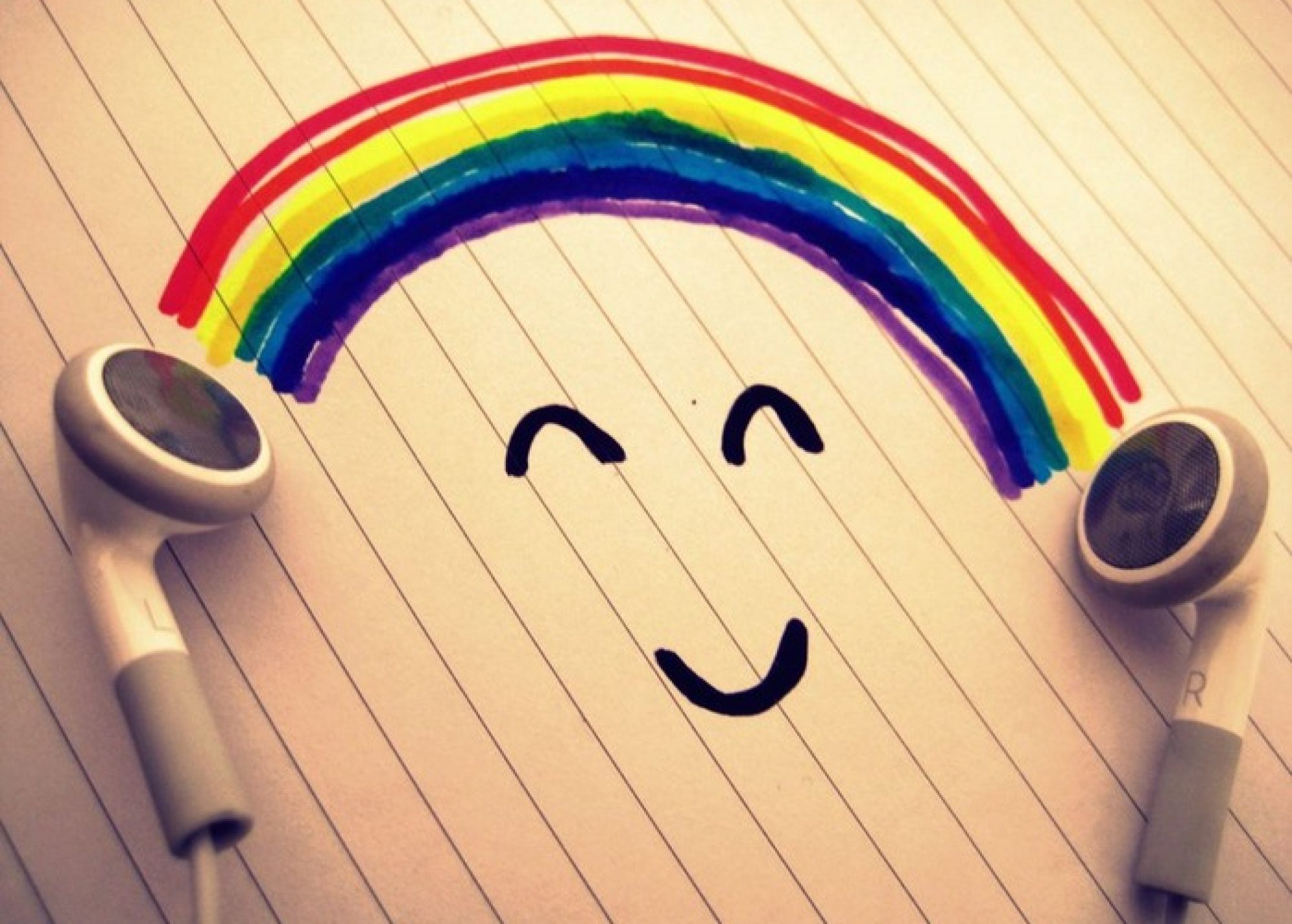Mental Health and Our Environment
Our mental health is easily affected by our environment. That may seem like a very obvious thing to say, however, it is something I have grossly underestimated until lockdown. It feels as though this whole period has been an unintended social experiment, measuring our patience and coping skills.
Our environment is not just the home that we inhabit. It’s also the exposure we have to the outside world which these days takes more precedence than ever before. And yes, I am referring here primarily to social media, news apps, Zoom, WhatsApp etc. That which comes from the outside in.
Our worlds have suddenly become smaller. We adapted well to that in the beginning through all the connecting opportunities that technology brings us. While I, like everyone else, have benefited from this, it seems that now it has become problematic; we have become excessively accessible. There’s no escaping the constant news updates, the WhatsApp messages, the Zoom calls. We have nowhere to run and nowhere to hide.
Over the last week, this has capitulated for people.I have noticed this not just with clients but with friends and family also. I’ve had some tough conversations with people who find their mood has suddenly become low, they’re tearful, fretful and sad.
Adapting to the ‘new normal’
Our world and our lives have yet to go back to normal, so too to our emotional states. This is something I remind my clients of regularly. It is not that there is an ‘ideal’ or ‘normal’ way to feel, but, we tend to feel more balanced when our lives are relatively calm and stress free. However, our lives have not been this way for months.
As a species, we have suffered emotional deficits. Our need to connect with and see our loved ones has not been met. Our need for physical contact with friends and family has not been met. Our need to hug those we love has not been available to us.
We have had to change our working environment. We have had to adapt to our space becoming multi-purposeful and granted, that is not the worst thing in the world (by any means), it does mean it’s harder to switch off. We’ve had to draw invisible parameters to create a divide between home and work.
Our sense of safety and security has been threatened by the virus. Our sense of hope has been delineated by the injustices and brutality of what is happening in the USA and replaced with anger.
We are simply human. We are going to feel a myriad of emotions in response to this context. So, if you’re feeling irritable, sad, angry, worried, fearful or anxious that makes sense. In fact, it is an appropriate response to the context you find yourself in.
The most important thing is you don’t remain stuck in this. So, here are some thoughts on what might help.
How to not get stuck in low mood
1. Take the pressure off yourself to be present: This pertains mainly to social media presence. You don’t have to have a six pack at the end of lock-down, you don’t have to become a zen master or a chef. Cope in the way that works for you and stick to that! Forget what everyone else is doing.
2. Limit your time on social media: Global solidarity has been amazing lately, but it’s also felt depressing for some. It’s okay to step back and take a break.
3. Limit your time reading & listening to the news: The news is depressing. Hearing about how our world leaders are failing us is despairing. While it’s important to keep yourself informed, it’s also important to take a break.
4. Focus on what you can do, not what you can’t: It’s important to not get stuck in a cycle of helplessness. Ask yourself three simple questions:
• What do I need more of right now?
• What do I need to do less of right now?
• What’s not helping or serving me right now?
5. Practice self-compassion and self-kindness wherever and whenever you can: Loving kindness meditation really helps with this. I suggest you try and do this every day, for just ten minutes. Insight Timer, YouTube and Calm, all have these types of meditations. They really do help!
Next Steps….
Thankfully, we are nearly at the end of lock-down here in Ireland. But it hasn’t been easy. While I’ve really valued a slower pace of life, I’ve also really missed my friends and family. It has affected us all in different ways. Trauma specialists would describe this as a collective trauma. Solidarity and community are the key to recovery with trauma based experiences and this is something we’ve done well.
A useful next step would be to make a list of what you’re looking forward to after this. The people you are looking forward to seeing. The simple things you’ve taken for granted. What you’ve learned from this experience.
Lastly, please remember to let go of expectations of how you ‘should’ and ‘ought’ to feel right now. You might be surprised that you don’t feel more excited to see family or go hang out with your friends. That’s okay. Remember, we have gone through a bizarre, discombobulating, scary, anxiety-inducing time. Be patient with yourself. Be kind to yourself and those around you.
